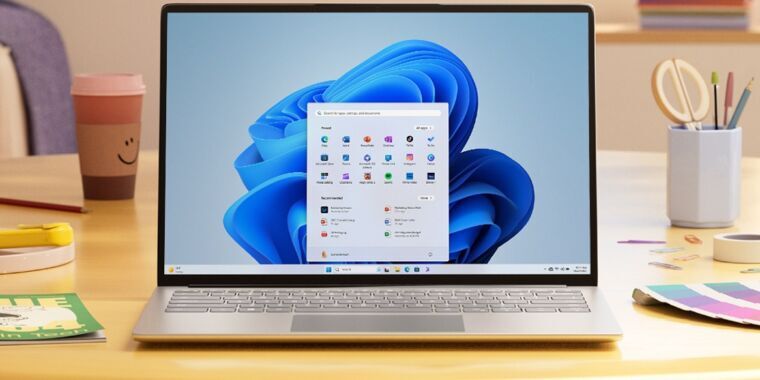- cross-posted to:
- technology@lemmy.zip
- cross-posted to:
- technology@lemmy.zip
Cough
box64
Cough
For anyone not yet born when they did this every other year - No. it’s not like Apple. It’s trying to be! It’s gonna have little cutesy bells and whistles - just like Apple right? But it’s not going to work well. Not really. Maybe not at all. Depends how much you feel like f***ing with it.
Well I’m off to not think about configurations, workarounds, and hacks. Ta!
Given the Snowden revelations, what an unfortunate choice of names.
I wonder if some Microsoft employee did that on purpose
Marketing is marketing. They know jack.
I’m just amazed they didn’t name it “Panspermia”.
I thought the name is pretty fun.
Prism refract boring white light into its colorful component. This process is kind of like spliting a single x86 instruction into several arm instructions. In the meantime also conveys the message that arm is “cooler”, because colored light out of a prism is prettier than the input white light.
Is it open source though?
Is Windows open source
Well sometimes they use opensource stuff (like curl) in windows, so I thought maybe it was
This is the best summary I could come up with:
Microsoft is going all-in on Arm-powered Windows PCs today with the introduction of a Snapdragon X Elite-powered Surface Pro convertible and Surface Laptop, and there are inevitable comparisons to draw with another big company that recently shifted from Intel’s processors to Arm-based designs: Apple.
A huge part of the Apple Silicon transition’s success was Rosetta 2, a translation layer that makes it relatively seamless to run most Intel Mac apps on an Apple Silicon Mac with no extra effort required from the user or the app’s developer.
Translated apps should run between 10 and 20 percent faster on the same Arm hardware after installing the Windows 11 24H2 update, offering some trickle-down benefits that users of the handful of Arm-based Windows 11 PCs should notice even if they don’t shell out for new hardware.
Microsoft also claims that Prism will further improve the translation layer’s compatibility with x86 apps, though the company didn’t get into detail about the exact changes it had made on this front.
Essentially all of the major PC OEMs plan to join Microsoft in shipping Arm-based PCs in the next few months, partly because Qualcomm’s Snapdragon X Elite chips are the only ones with neural processing units (NPUs) fast enough to support Windows 11’s new on-device AI features.
Dubbed “Copilot+ PCs,” the new devices are trying to make Windows-on-Arm happen after more than a decade of failures and at-best-muted successes.
The original article contains 374 words, the summary contains 234 words. Saved 37%. I’m a bot and I’m open source!
It sounds like drivers still need to be compiled for ARM. I’ve been waiting for years now for Dymo to release one for their label printers so I can buy new computers.
They’ve tried this before, it didn’t work out, apple Rosetta is pretty damn impressive for what it does but they have the advantage of having the same hardware specs to go with the software, Microsoft didn’t have that luxury, and no, surfaces don’t really count.






